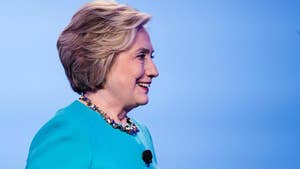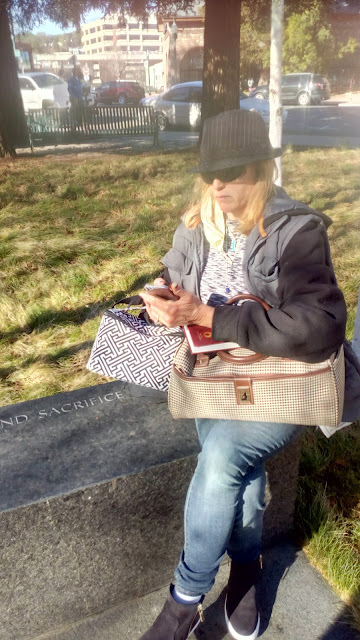The Torres Family Tragedies or Murders
A long time ago my Spanish then was Taco, Burrito and Salsa. He said call me "Stasche" as in mustache! Read how Stasche is connected to the deadly San Bruno Explosion
Perfectly Framed
The large Torres family is suffering the loss of a family matriarch, as relatives pray that three other family members will recover rapidly from burns resulting from the blast. Elizabeth Torres, 81, who lived with her daughter Cindy and son-in-law Allen Braun in a Claremont Drive home in San Bruno, died despite Braun's attempt to rescue her by carrying her to the front porch, said one of Torres' nine children, David Wharton, 57, of Fair Oaks. "He saved my mom," Wharton said. "But a second blast" killed her. Braun is now in the hospital with 40 percent of his body burned, Wharton said. Braun's wife, Cindy, 45, and her sister Sandy Arnold, 58, are both in induced comas at St. Francis hospital. Arnold, who lives in Petaluma and works as an office clerk, has burns on 70 percent of her body. Cindy Braun, who used to be an office manager for Forbes magazine, has burns covering half her body, Wharton said. "This is monumental for us," he said. "The only reason I can talk is because I haven't accepted it yet." He said his mother worked as a nurse's aide for UC San Francisco for 27 years. In her later years, she got around in a wheelchair, even when she visited casinos, a favorite pastime. Torres was married twice and had nine children: Everett, Virginia, Sandy, David, Linda, Michael, Sharon, Gregory and Cindy.

The Contra Costa Narcotics Enforcement Taskforce
This news of the scandal broke in February 2011 when Commander Norman Wielsch and Chris Butler faces were plastered all over local media. Then a few months later Deputy Stepen Tanabe and Officer Louis Lombardi. I recognized every face immediately but by summer I was in jail, my car was totaled and to this day remain unpaid by a PG&E Vendor who brought me into their explosion cover-up.
Every conspiracy has one or more co-conspirators but this story is a conspiracy blessed with cover from the top cop down.

The PG&E Gas Can Man
This image broadcast around the world is part of why my www.pgewitness.com was launched that is spawned from my role in the San Bruno Explosion. The role that was hidden from Investigators from the NTSB, The San Mateo County District Attorney and most important the Federal case where Judge Henderson ordered PG&E to perform community service.
The worst part is my family with their lives so PG&E could hire the best lawyers.

The KinderMorgan Explosion and the Dead Witnesses
There is a most forgotten explosion story where on November 9th, 2004 five welders from Matamoras Welding were killed. This explosion occurre in the middle a project to known as the East Bay Pipeline Extension. on that day I was at the Walnut Creek Superior Court making an appearance in front Superior Court Judge Joel Golub. That was day I lost my license, the beginning of the loss of my sons, the connections to The Driscoll Family Murders where Alicia Driscoll and her daughter Gineva Driscoll found dead.
There are several stories begging to be told via the criminal case I call The Kinder Morgan Pipeline Murders of Walnut Creek CA.
Lear












































